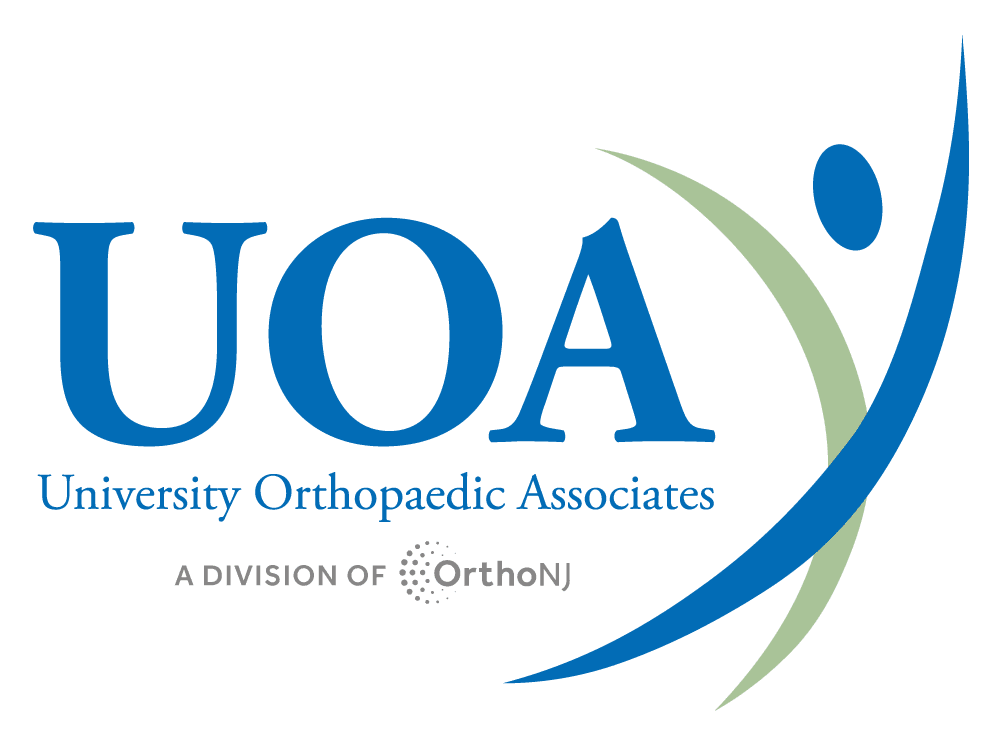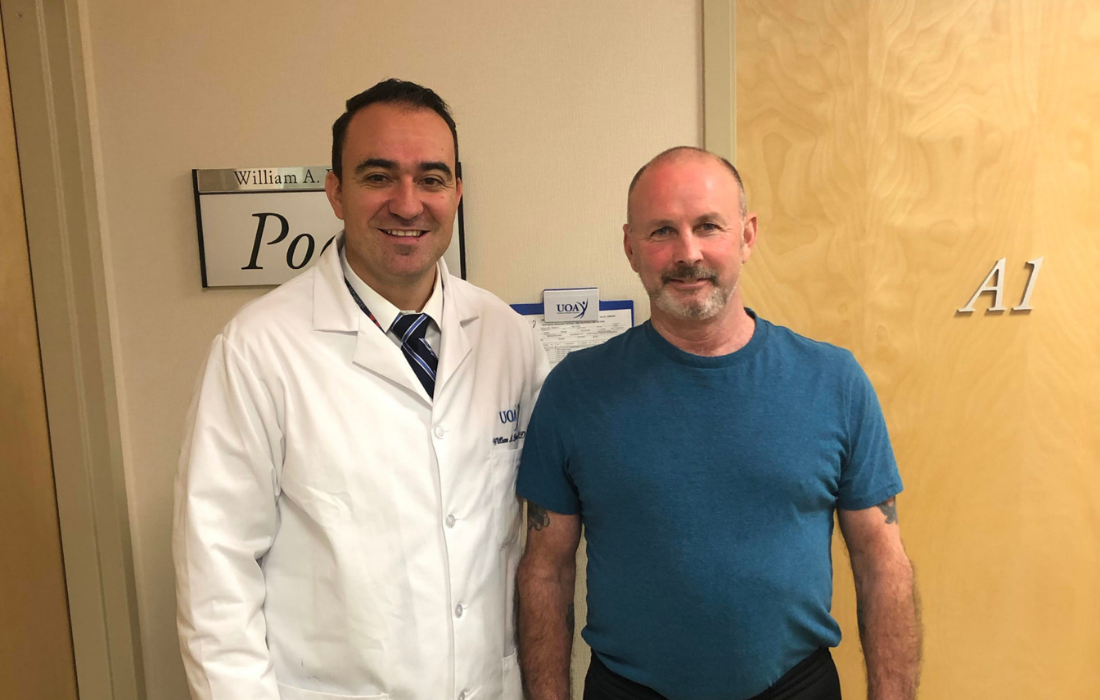Modern joint replacements and implants have had many advances and can function optimally for over 25 years. Sometimes an artificial joint may need to be replaced due to factors such as wear of the bearing surface, mechanical loosening, dislocation, periprosthetic fracture or infection.
Total joint revision is a procedure in which an artificial joint is repaired or replaced with an entirely new joint. Here’s how this procedure works and how to contact University Orthopaedic Associates if you think you may need joint revision surgery.
What Is Joint Revision Surgery?
Joint revision surgery is performed when an existing artificial joint stops working or is causing problems. This procedure is also known as revision arthroplasty. Reasons to have joint replacement revision include:
- Loosening of the artificial joint: this may lead to pain and instability in the affected joint
- Dislocation of the joint
- Infection near or at the site of the joint
- Wear and tear of the joint
- Poor positioning of the joint
- Damage to the joint due to an accident or trauma
What Happens During Total Joint Revision?
During joint revision surgery, your surgeon removes the problematic joint and replaces it with a new one.
This procedure is usually more involved and complex than the original surgery, as your surgeon may take extra time to assess the bones and tissues surrounding the implant. Scar tissue buildup and extra care to remove stable implants that are not loose can also contribute to joint revision being more complicated than the initial surgery.
Who Is an Ideal Candidate for Total Joint Revision?
Total joint revision may benefit you if you have an artificial joint or implant starting to cause problems. For instance, you may need joint revision surgery if your joint is painful or swollen or if it is causing you to limp.
Other signs and symptoms that may indicate the need for total joint revision include:
- Grinding sensation at or near the joint
- Difficulty getting out of bed or out of a chair
- Stiffness in the joint or feeling that it is “locked up”
- Limping
- Pain in the joint after a fall or accident
- Sudden or sharp pain in the joint
- Difficulty performing usual tasks
Your doctor may also suggest having joint revision surgery if it has been several years since your previous surgery. For patients who have hip or knee replacements, the joint replacement specialists at UOA recommend getting an evaluation with radiographs every five years to monitor the performance of the implant. Infection and dislocation of the joint can also make you an ideal candidate for this procedure.
As patients live longer with their joint replacements, it’s not uncommon for them to sustain injuries where they fracture the bones around their implants. These types of injuries are complicated and in many cases require a revision surgery to fix the fracture and place a new type of implant to restore function.
At University Orthopaedic Associates our fellowship trained trauma and joint replacement surgeons often take a team approach to provide the optimal treatment for these complex injuries.
What Is Recovery Like From Total Joint Revision?
Joint revision surgery usually requires a hospital stay of between one and three days. During this time, you will be closely monitored for potential complications, including blood clots and infection.
After about two to four weeks, you can start physical therapy to improve your strength, motion and gait. Over time, you can transition from a walker to a crutch to a cane until you can walk independently without help.
Your orthopaedic surgeon can talk to you in greater detail about what to expect based on your condition and on the type of surgery you are having.
Request an appointment from University Orthopaedic Associates or contact us at (732) 537-0909 if you need treatment for an orthopaedic injury or think you may need total joint revision. Our specialists at UOA can perform an evaluation and discuss all your available treatment options.




